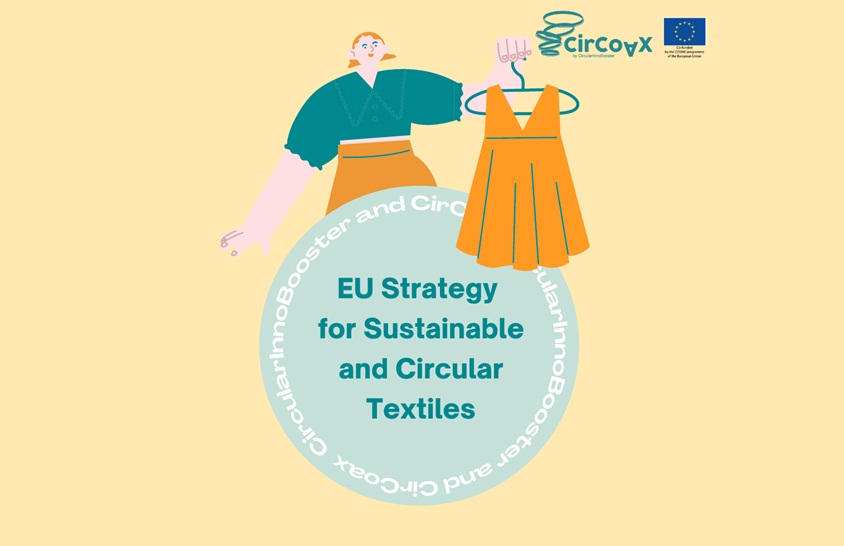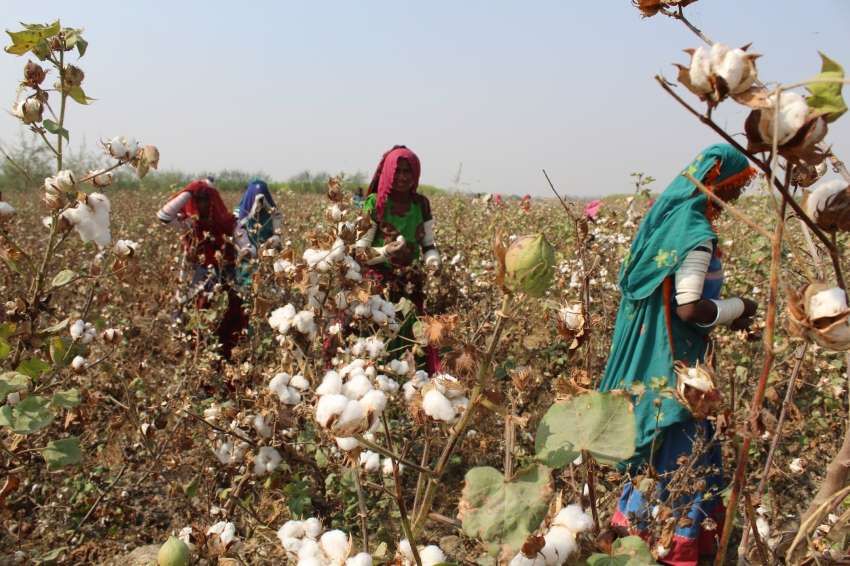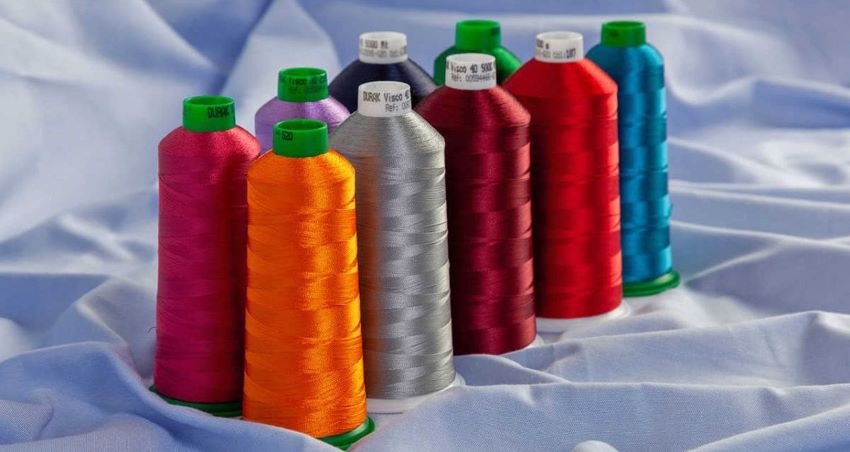
To make the European Union carbon neutral by 2050, European Commission is adopting a Strategy for Sustainable and Circular Textiles.
As per a Lexology report, this strategy focuses on sustainability and circularity issues in the textiles industry. It adopts a holistic approach to make textiles more durable, and tackle the issues of textile waste. The core aims are:
• Making all textile products in the EU market durable, repairable and recyclable. Making them with recycled fibres and ensuring they are free of hazardous substances, and produced with respect to social rights and the environment.
• Making re-use and repair services widely available.
• Make textile producers responsible of their products along the value chain with sufficient capacities for recycling and minimal incineration and landfilling, so that circular clothes become the norm.
The Commission also aims to introduce several mandatory product design requirements to enhance the quality, durability and environmental performance of textiles. It further aims to address the presence of hazardous substances used in textile products under REACH. It will consider revisions in laws to achieve zero pollution ambition besides addressing the issue of microplastic pollution. For this, it will review the manufacturing processes, pre-washing at industrial manufacturing plants, labeling and the promotion of innovative materials.
Encouraging on-demand manufacturing
Under the draft Ecodesign for Sustainable Products Regulation, the Commission proposes to make large companies responsible for publicly reporting the number of products they discard and destroy, including their approach to reusing, recycling, incinerating and land-filling. It also plans to introduce a ban on the destruction of unsold products, including appropriate unsold or returned textiles.
Additionally, the Commission aims to reduce returns of online purchases by encouraging on-demand manufacturing through digital precision technologies. It plans to introduce Digital Product Passports for textiles. These passports would enable provision of more information about a product to consumers and other entities in the supply chain.
Amend unfair laws
The Commission proposes to amend the Consumer Rights Directive to oblige traders to provide consumers with information on the durability and reparability of products. It aims to amend the Unfair Commercial Practices Directive and practices to include excessively broad unverified environmental claims and products that limit their durability.
Introduce EPR scheme
Another proposal is to introduce extended producer responsibility (EPR) scheme for managing textiles waste. This will require member states to establish separate collections for textile waste by January 01, 2025. The Commission proposes to eco-modulate fees in the forthcoming revision of the Waste Framework Directive. Eco-modulation enables textile producers to pay EPR based on the environmental performance of their products. This helps incentivize the design and production of more environmentally-friendly products.
Initiatives by the UK government
From March 2021, the UK government has been encouraging the development of durable textiles products that are easy to reuse, repair and recycle. It aims to introduce an EPR scheme for textiles that will introduce new measures for development of betters for consumers.
The CMA is currently reviewing compliance to environmental laws in the fashion retail sector. The results of these reviews to further encourage people to buy recycled garments that are more durable and sustainable.












